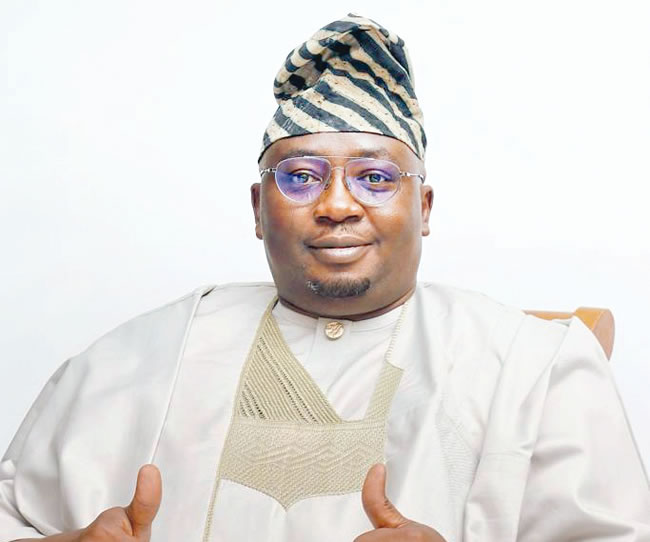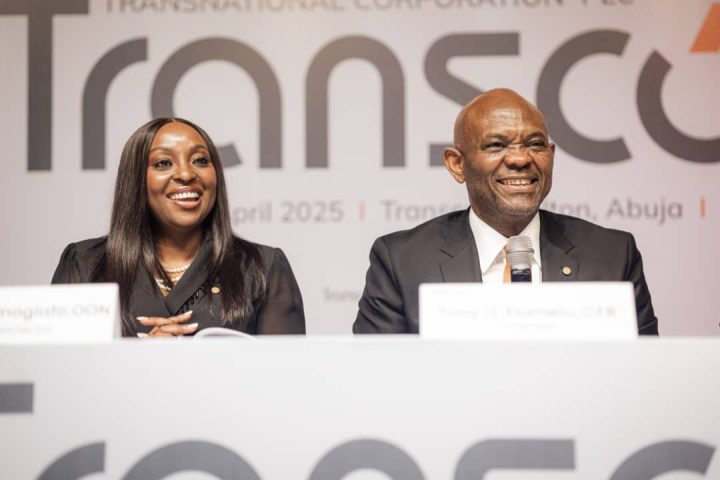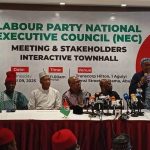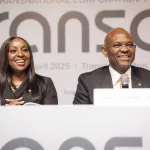Nigeria’s Minister of Power, Adebayo Adelabu, has reiterated the need to remove subsidy on electricity in the country, saying it has become very difficult to sustain by the government.
Lamenting on the financial burden that subsidy placed on the Federal Government, Adelabu, who spoke to newsmen in Abuja on Wednesday, said it has become imperative to adopt the cost-reflective tariff.
Join our WhatsApp ChannelAccording to him, the Federal Government is owing Generating companies N1.3 trillion, while the debt to gas companies was $1.3 billion.
The Minister disclosed that only N450 billion was budgeted for electricity subsidy in the 2024 budget even as the Nigerian Electricity Regulatory Commission’s estimate indicated that subsidy would gulp about N2.9 trillion this year.
READ ALSO: Nigeria’s Power Sector Journey: 2023 In Perspective
He said the nation’s power sector had been bedeviled by multiple factors such as serial grid collapses, aging infrastructure, gas supply constraints, indebtedness, and destruction of power stations in some parts of the North-East region of the country, among others, leading to poor power generation and transmission.
Adelabu’s call for removal of electricity subsidy because of the financial burden on the government and the need to improve liquidity in the power sector and upgrade infrastructure, comes days after the International Monetary Fund (IMF) released a report where it also recommended that apart from fuel subsidy, electricity Subsidy should also go as part of measures to address the country’s macroeconomic challenges.
With the experience of the citizens in the last nine months over the removal of petrol subsidies in terms of high costs of things, many including economic experts have kicked against the call for removal of electricity subsidy.
According to them, it would worsen the economic hardship in the country due to attendant increase in electricity tariff and the implication on energy costs.
Victor Ezeja is a passionate journalist with six years of experience writing on economy, politics and energy. He holds a Masters degree in Mass Communication.



















Follow Us